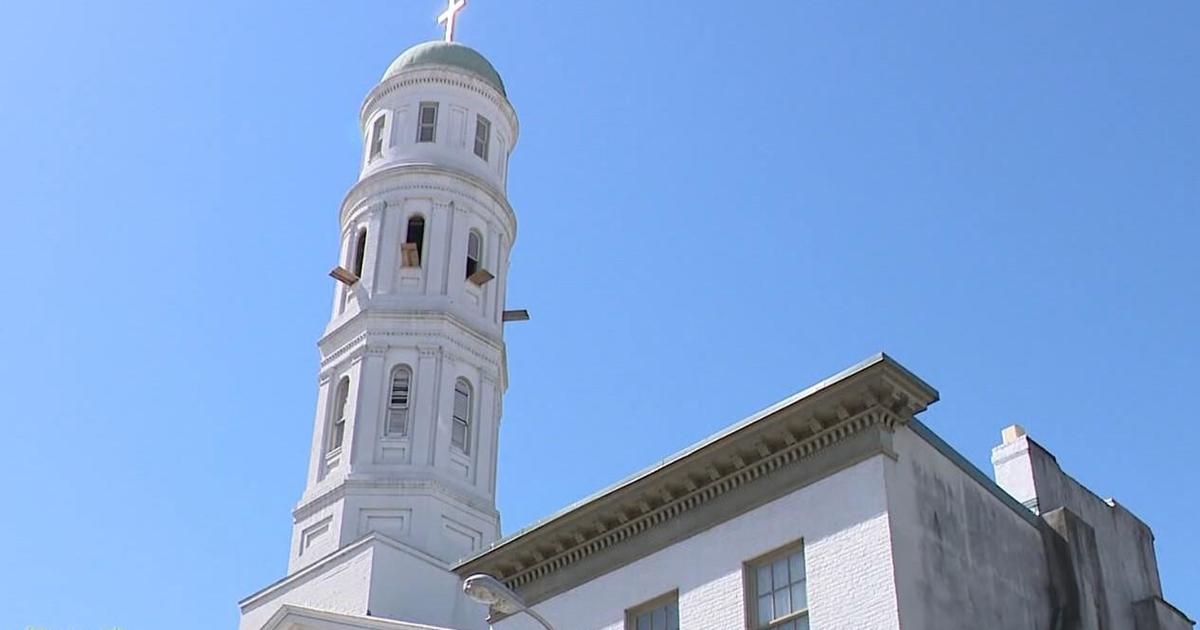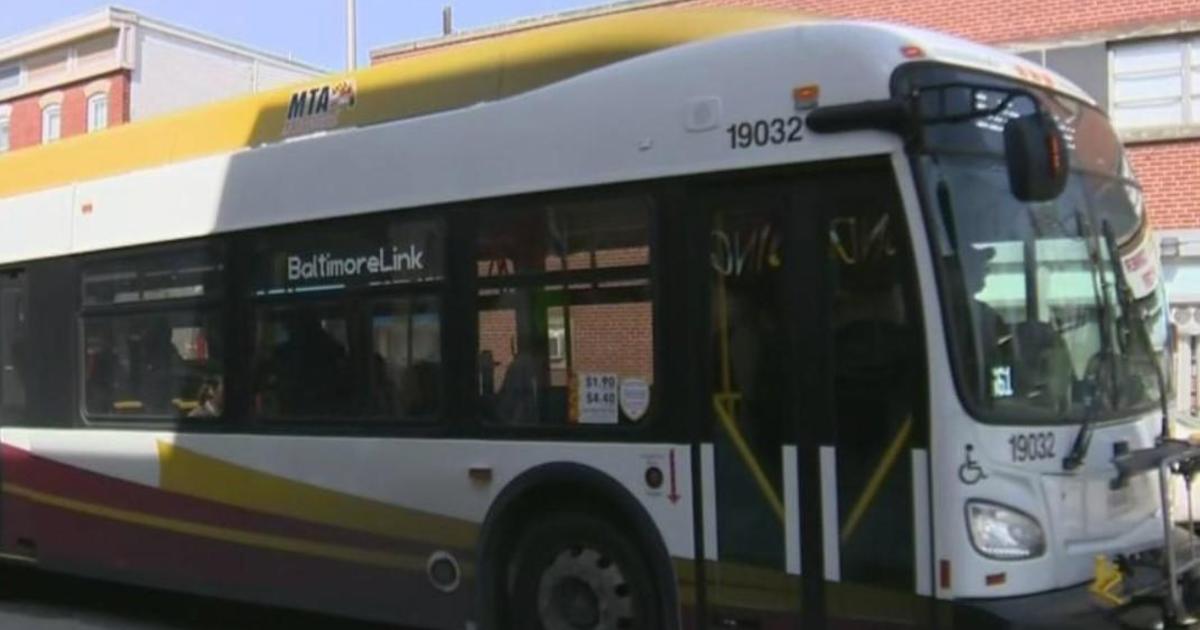Chesapeake Bay Foundation: Md. Plan Underfunded
BALTIMORE (AP) -- Maryland's bay restoration strategy is underfunded and may not get the job done as promised, the Chesapeake Bay Foundation said Tuesday.
Alison Prost, the foundation's Maryland Executive Director, said Maryland is more than halfway to its bay restoration goals, but said lawmakers must provide more money and make policy changes "or we risk further disappointment after decades of unfulfilled promises to restore a national treasure."
Those steps include dedicated funding for upgrading sewage treatment plants and storm water systems. Policies also must be changed to manage pollution from sprawl development, Prost said.
The foundation raised the concerns in formal comments submitted on the second phase of the state's restoration strategy. The six states in the bay watershed are being required by the federal Environmental Protection Agency to submit detailed restoration plans.
The foundation sued the EPA over the slow pace of the restoration effort previously led by bay states, but settled after the federal agency took charge. Despite decades of restoration, the bay has seen stocks of once commercially important species such as oysters plummet and water quality worsen.
However, the call by the foundation for more bay funding comes during a tough budget year in Annapolis.
Senate President Thomas V. Mike Miller warned lawmakers earlier this month that they will be dealing with one of the most contentious state budgets ever, including a potential income tax increase to help close a $1.1 billion deficit.
The bay foundation said the state plan doesn't include dedicated funding to improve local storm water systems, or concrete plans to reduce pollution from septic systems. The plan was also criticized for lacking specific plans or funding for accelerating farm conservation beyond current voluntary measures and a lack of clarity on how local governments will be held accountable for cutting bay pollution.
Gov. Martin O'Malley has proposed legislation to tighten control of pollution from septic systems, including limits on development, for the second straight year, but the future of the bill is unclear. The governor is also supporting a bill to double the state's "flush tax," a $30 annual tax on sewer bills that funds upgrades to wastewater treatment plants.
The EPA meanwhile announced Tuesday that it was making $4 million in grants available for bay restoration efforts. The grants are for projects such as road maintenance and flood plain management to cut pollution of waterways as well as aid to local governments to design and implementation pollution reduction efforts.
Environmentalists have argued that restoring the bay can create jobs in sectors ranging from tourism to aquaculture and commercial and recreational fishing. However, development and farm interests have sued to block the EPA's restoration strategy, questioning the science behind the plan and its impact on the economy.
Prost said the restoration effort is at a critical point.
"We can provide thousands of jobs for Marylanders, and clean water for our children and grandchildren to enjoy. But if we falter now, the window of opportunity closes, perhaps forever," Prost said.
(Copyright 2012 by The Associated Press. All Rights Reserved.)



